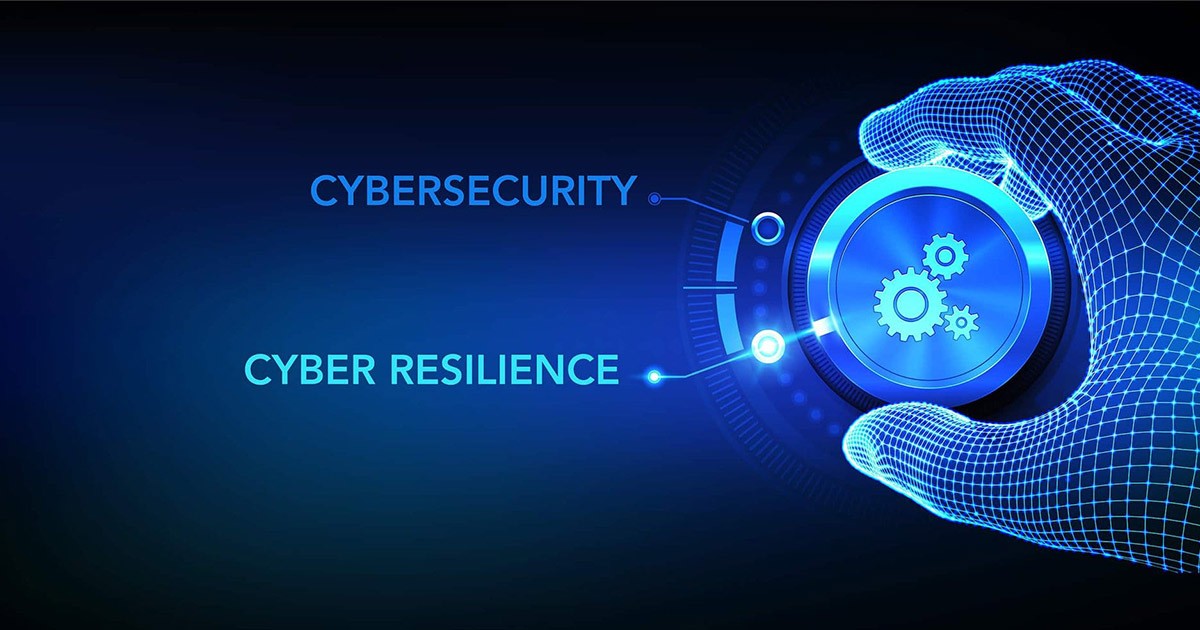To be honest, starting a company isn’t an easy task. You’re working all late hours to design an idea, interact with customers, create the investment proposal, or perhaps even write code. There’s not enough time to accomplish every task on the lengthy list.
Thus, you can put cybersecurity at the bottom of the list when people bring it up. You’re still small in the end. Who would be tempted to hack you would you think?
But, cybersecurity isn’t only a problem for large companies. Indeed, because startups typically do not have the appropriate security measures it is common for them to be easy to attack. Hackers are very conscious of that. They also make use of it.
It is not possible to add a cybersecurity plan after having already implemented it. It has to be a part of the overall plan. Since it is easier to integrate security into your company is much easier (and cost-effective too) when you begin contemplating it. This is prior to things becoming complicated, prior to handling real customer data and before an attack forces you to address the consequences.
You’re already under surveillance in the digital age If you’ve got access to the internet. Thus, a cybersecurity strategy is imperative. It is required right from the start.
Every startup that was breached claimed, “We’re not big enough to be targeted.”
The thing that most founders at the beginning don’t know is that cybercriminals are awed by startups. You’re quick, you’re slim and often haven’t found the patience (or money) to secure your operations. This is a sure win.
The majority of attacks aren’t personal. Hackers don’t have be aware of your identity, or know about your business. They employ automated programs to look for vulnerabilities that could include obsolete software or default credentials, unprotected cloud storage, and much more. If they discover a weak spot they enter. It’s possible that you don’t even realize you’ve been compromised until customers’ data leaks or your system is locked up for ransom.
In a flash the “we’ll get to it later” strategy comes with the cost of five-figures and a huge loss of confidence.
What dangers are we talking about?
Startups can be neglected due to their tiny size, but they’re often the target of cyber-attacks. Most attacks target the most common errors that happen when security doesn’t receive enough consideration, instead of Hollywood-style hacking.
This is how Cyber-Attacks Might Look:

- Phishing emails: Phishing emails are much more than just a form of spam. They’re designed to trick members of your team into divulging their login details or clicking on a link. By a single click an attacker could gain access to your data cloud dashboard, files or even your email account.
- APIs that aren’t secured, as well as Third-party software: Startups have a large emphasis on speed, so connecting different platforms with APIs is very popular. But, if these connections aren’t secure hackers might be able gain access to sensitive data like details about billing, client information, and perhaps internal communication.
- Poor passwords: Passwords such as “admin123” or “companyname2023” are often used especially in testing environments or staging servers. But hackers are aware of the places to investigate. They install scripts on thousands of computers to identify weak or insecure passwords. If your company is one of them players, then the game is over.
- Shadow IT (a term used to describe tools that are not approved by the government): A marketing professional could sign up to the latest tool without notifying anyone. Your designer may store client files within an app that is free. Although they’re made with the best intentions, these little choices could lead to major risk if nobody is watching the data.
- No backups or a recovery strategy: Do you have backups in the event that your system is damaged or fails? compromised? Do you have the ability to quickly recover? Many companies don’t even think about the possibility until they’re too far for instance, when a cyberattack destroys information or a hard drive is damaged.
The most frightening part is that exploitation of any one of these vulnerabilities does not require advanced hacking skills. These are just simple errors that are missed in the absence of security as a top priority. But those holes get deeper over time. They eventually cost the user.
Why is it important to think about a cybersecurity strategy this far in the future?
See, I understand. When you’re just barely achieving the right product-market fit, cybersecurity seems to be an unimportant matter. But, founders who have been through it will inform you of that:
- Your most valuable asset is your name. If you lose the trust of a client once it could take several months to restore it.
- For closing deals, you’ll require it. That huge customer you’re looking for? They’ll be interested in knowing how you safeguard their information.
- It’s much less difficult to correct in the future. Adding security after you’ve expanded can be compared to building a house which already has residents.
- The process of achieving compliance takes the time. Do you want ISO 27001 or SOC 2? Get started early. It’s all about how your company is run, not just the documents.
What should a startup that is just starting out create a security plan?

It is essential to have a security plan however, you don’t require an CISO now. For a start in your security game take these easy steps:
- Beginning by learning the basic. Activate multi-factor authentication. Use a password manager to create passwords that are unique and secure. Be sure everyone is aware of the warnings that suspicious links must not be clicked.
- Limit access to specific things. Access to everything is not required for all users. Set the rights and roles.
- Keep your systems up-to-date. Hackers can easily attack outdated libraries and plugins. Even though patching your systems can be an inconvenience, plan regularly to do it.
- Choose safe tools. Make use of tools that place a high value on security. AWS, GitHub, and Google Workspace have done a large amount of labor-intensive work for you. Take advantage of them.
- Make it a written document. Provide a description of your security measures even if it’s an Google Doc. This helps ease onboarding, avoids confusion, and helps with compliance efforts later on. Do not allow employees or contractors to use your system.
- Consider yourself a grown-up business. Even if you’re just five employees, behave like you’ve got a 500. The importance of having policies and a structure isn’t just about red tape, it’s about protecting the things you’re creating.
Avoid waiting for a wake-up call.
It is best to learn lessons the right method. Everyone doesn’t want the news of a data breach to become the focus of their very first press conference. It isn’t a good feeling to inform your investors your client’s data was stolen.
Beginning a business is already difficult. Even though it appears to be just another to do, adding a cybersecurity strategy to the mix offers many advantages. It communicates to your clients, partners, and employees that you are taking your business, not just your product with a seriousness.




